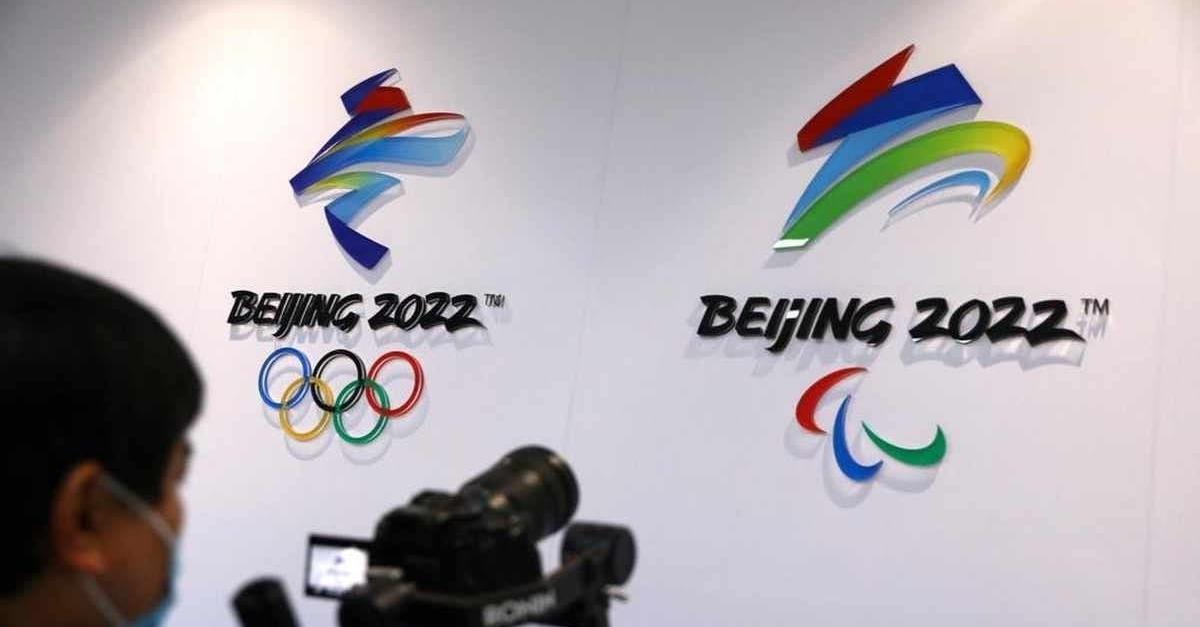BEIJING, Dec 9 (Reuters) - China is not worried about a "domino effect" of diplomatic boycotts of the Beijing Winter Olympics, it said on Thursday, after Australia, Britain and Canada joined the United States in deciding not to send officials to the Games.
The United States was the first to announce a boycott, saying on Monday its government officials would not attend the Feb. 4-20 Games because of China's human rights "atrocities" in the western region of Xinjiang.
"I don't see any need to be worried about any domino effect," Foreign Ministry spokesman Wang Wenbin told a daily news conference when asked about the chance of more boycotts.
"On the contrary, most countries in the world have expressed support for the Beijing Winter Olympics."
The diplomatic boycotts by the United States and its allies follow a sharp deterioration in relations between Beijing and Washington that began under former U.S. President Donald Trump.
U.S. President Joe Biden's administration has maintained pressure on China over various issues including human rights and China's maritime claims in the South China Sea.
Wang pointed out that the United Nations on Dec. 2 adopted a resolution, co-sponsored by more than 170 of 193 member states, for an "Olympic Truce" calling on states to rise above politics and unite in sports during the Beijing Games.
"Quite a few" foreign leaders and members of royal families had registered to attend, he said.
Russian President Vladimir Putin is the only leader of a major country who has publicly accepted an invitation.
Wang said the United States and its allies would "pay the price for their mistaken acts" and they had "used the Olympics platform for political manipulation".
China said on Tuesday it would "resolutely take countermeasures" against the United States for its boycott but has not specified what they would be.
Wang also that China had no plans to invite officials from Britain and Canada to the Games anyway, and that their absence would have "no impact" on the success of the event.
Some experts said China does care about the boycotts, given the time and effort it had devoted to criticising the moves.
"China had hoped to use this global sporting mega-event to showcase its international standing and expand its influence. The boycotts have certainly dented this hope and resulted in a loss of 'face' for China," said Li Mingjiang, associate professor at the S. Rajaratnam School of International Studies in Singapore.


